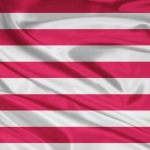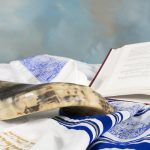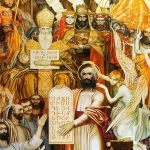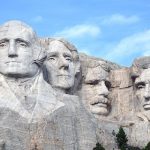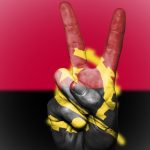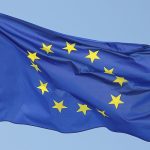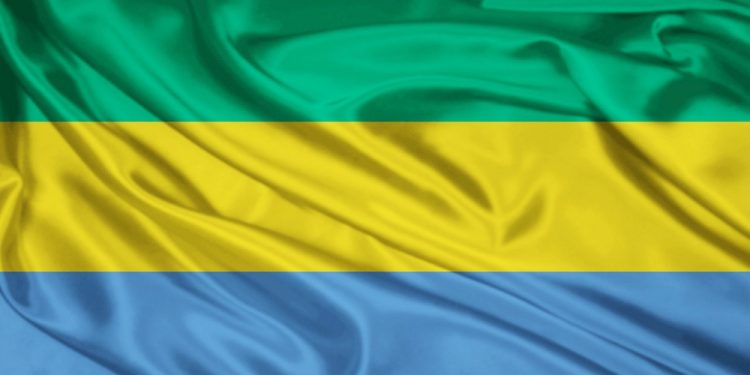
Independence Day in Gabon
Observed annually on August 16th and 17th in Gabon, Independence Day is a holiday that commemorates the country’s independence from France on August 17th, 1960. Since this holiday occurs over a two-day period and follows the Assumption, it gives people in the country a three-day break.
It’s also a public holiday on which not only the general public is off, but most government offices, schools, and businesses are closed for the day. That allows the population to attend one of the many events that occur on this day—activities that include parades, festivals, open-air concerts, and other fun events.
The History of Independence Day in Gabon
The Portuguese were the first Europeans to visit Gabon during the 15th century. They gave the country the name Gabon after the river was named “Gabao,” which was Portuguese for “cloak.” They gave the river that name because its shape reminded them of a cloak.
In the early 19th century, the French arrived in the area, and many of the local rulers signed away their sovereignty to them. During the Fourth French Republic, Gabon became an overseas territory with its own representation in the French Parliament and its own assembly. In 1958, the country voted to become an autonomous republic within the greater French Community. Gabon gained its independence on August 17, 1960. In 1961, Leon M’ba became the first president of Gabon.
Observing Independence Day in Gabon
Many of the main events of this holiday are held in Libreville and other urban areas, but there are smaller celebrations all across the country. There are festivals and parades, concerts, and fireworks at La Place de la Démocratie.
It’s also a day for people to enjoy some traditional food. This includes dishes such as Fufu, smoked fish, meat stews, and chicken with pine nuts. In rural areas, dishes such as dried meats and Atanga are also enjoyed.
